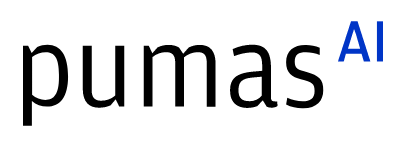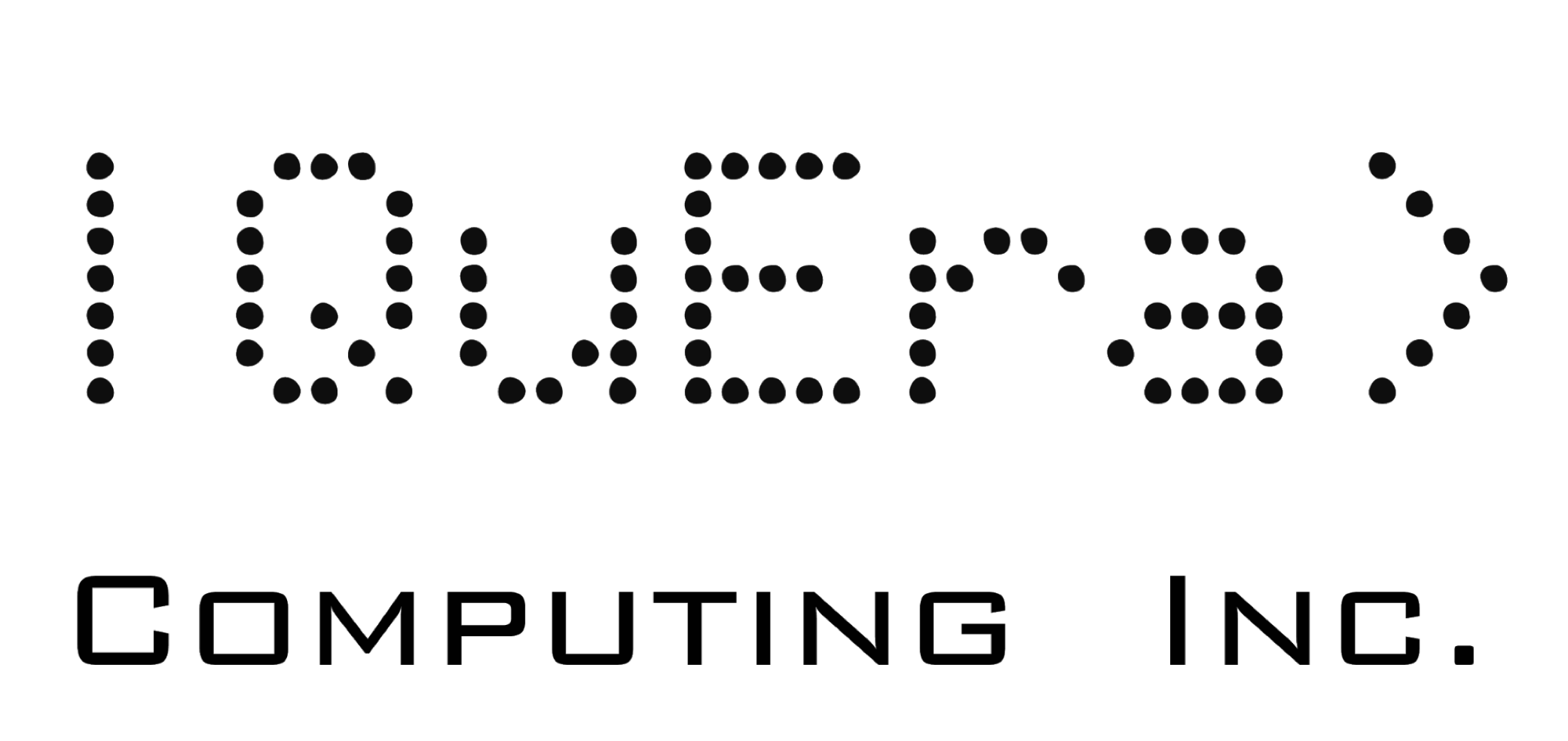ProtoSyn.jl: a package for molecular manipulation and simulation
Abstract:
ProtoSyn.jl is an open-source alternative to molecular manipulation and simulations software, built with a modular architecture and offering a clean canvas where new protocols and models can be tested and benchmarked. By delivering good documentation, ProtoSyn.jl aims to lower the entry barrier to inexperienced scientists and allow a “plug-and-play” experience when implementing modifications. Learn more on the project’s GitHub page: https://github.com/sergio-santos-group/ProtoSyn.jl
Description:
The ever-increasing expansion in computer power felt in the last few decades has fuelled a revolution in the way we make science. Modern labs are empowered by large databases, efficient collaboration tools and fast molecular simulation software packages that save both time and money. Preliminary screening of new drug targets or protein designs are just some examples of recent applications of such tools. However, in this field, users have been experiencing a wider gap between expectations and the available technology: existing solutions are quickly becoming outdated, with legacy code and poor documentation. On the scope of protein design, for example, the Rosetta software (and its Python wrap, PyRosetta) have become ubiquitous in any modern lab, despite suffering from the two-language problem and being virtually opaque to any attempt to modify or improve the source code. Such impediment has caused a severe lag in implementing new and modern solutions, such as GPU usage, cloud-based distributed computing or even molecular energy/forces calculations using machine learning models. Implementations are eventually added as single in-house scripts or patch code that lacks cohesion and proper documentation, steepening the learning curve to inexperienced users. Despite Rosetta’s massive and warranted success, there’s room for improvement. ProtoSyn.jl, taking advantage of the growing Julia programming language and community, intends to provide an open-source, robust and simple to use package for molecular manipulation and simulation. Some of its functionalities include a complete set of molecular manipulation tools (add, remove and mutate residues, apply dihedral rotations and/or rotamers, apply secondary structures, copy and paste fragments, loops and other structures, include non-canonical aminoacids, post-translational modifications and even ramified polymers structures, such as glycoproteins or polysaccharides, among others), common simulation algorithms (such as Monte-Carlo or Steepest Descent), custom energy functions, etc. Much like setting up a puzzle, ProtoSyn.jl offers blocks of functions that can be mixed and matched to produce arbitrarily complex simulation algorithms. Capitalizing on recent advances, ProtoSyn.jl delivers a “plug-and-play” experience: users are encouraged to include novel applications, such as machine learning models for energy/forces calculations, by following clean documentation guides, complete with examples and tutorials. Enjoying the advantages Julia, ProtoSyn.jl can perform calculations on the GPU (using CUDA.jl), employ SIMD technology (using SIMD.jl), carry out distributed computing tasks (using Distributed.jl) and even directly call Python code (using PyCall.jl). In a nutshell, ProtoSyn.jl intends to be an open-source alternative to molecular manipulation and simulations software’s, focusing on modularity and proper documentation, and offering a clean canvas where new protocols, algorithms and models can be tested, benchmarked and shared. Learn more on the project’s GitHub page: https://github.com/sergio-santos-group/ProtoSyn.jl
Platinum sponsors



Gold sponsors


Silver sponsors








Media partners



Community partners


Fiscal Sponsor
